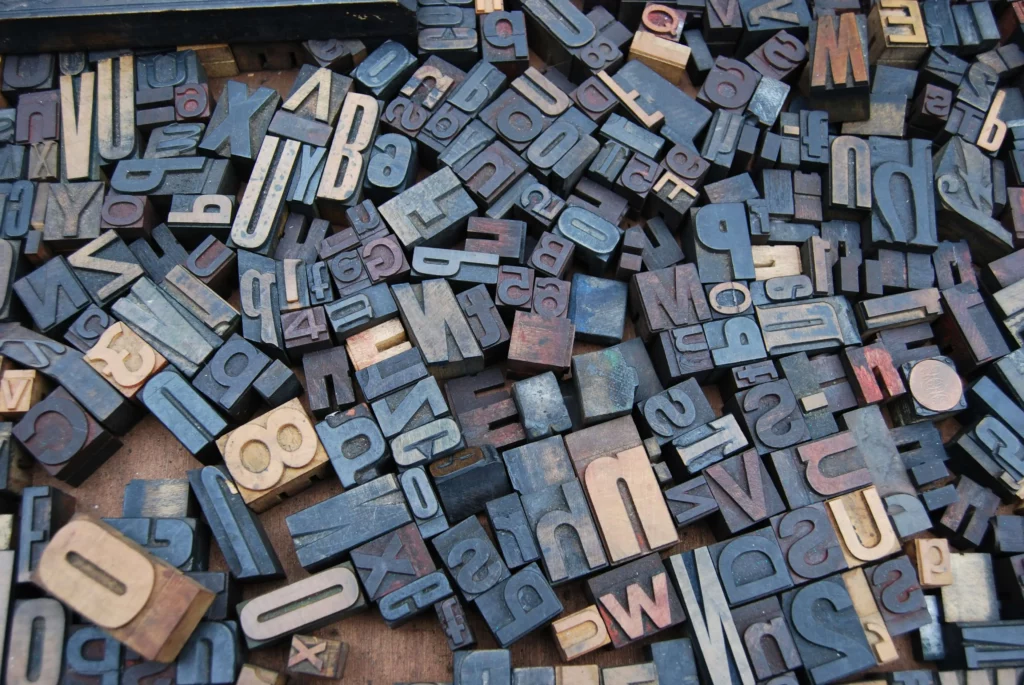The English word “laugh” has a unique spelling that might catch you off guard if you’re not used to it. But dig into its history, and you’ll discover that the spelling tells a rich story about language’s evolution. In this guide, we’ll take a closer look at why “laugh” is spelled that way.
The Onomatopoeic Roots of Laugh
Laugh traces its roots back to the Old English hliehhan. This word’s pronunciation is conjectured to have been onomatopoeic, essentially imitating the sound of laughter. Over time, hliehhan evolved into Middle English as laughen or laghen, and finally, into our present day ‘laugh’.

The Influence of Pronunciation Shift
In the past, the -gh in laugh was likely vocalized at the back of the throat, similar to the -ch in the Scottish word ‘loch’, or in ‘lachen’, the German verb meaning “to laugh.” However, with time, this pronunciation shifted from -ch to -f. Despite the shift in pronunciation, the original spelling remained intact, which is why we have the peculiar -gh in ‘laugh’ today.
English Spelling and The Great Vowel Shift
The anomaly of English spelling isn’t constrained only to ‘laugh’. Many English words have spellings that don’t directly mirror their pronunciation. This is primarily due to changes occurring around the late Middle English and early Modern English period, a significant language event known as the Great Vowel Shift.
During this period, vowel pronunciation underwent a significant transformation, but the changes in pronunciation were not synchronously mirrored in the spelling.

Impact of Printing and Linguistic Influence
With the introduction of printing in England in the late 1400s, established spellings were retained and standardized, creating a disparity between pronunciation and spelling. Moreover, typesetters, who were often of international descent, introduced their own linguistic oddities into the English language. The introduction of silent letters, as an example, sought to underscore the classical origins of English words, further complicating English spelling.
Conclusions
The word ‘laugh’ exemplifies the rich history and idiosyncrasies of the English language. Its peculiar spelling is a testament to its evolution over centuries, heavily influenced by factors such as pronunciation shifts, the Great Vowel Shift, effects of printing, and linguistic influences. So next time you come across the word ‘laugh’, it’s worth remembering the elaborate tapestry of language evolution it represents.
